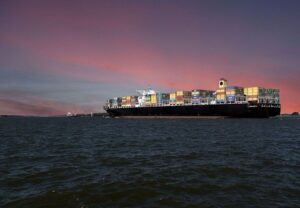Shipping containers, notably ISO types, have revolutionized cargo transport in logistics. Their standardized size and robust design enable efficient handling of massive volumes of goods across borders via sea or land, enhancing integrity and security. Versatile applications accommodate diverse merchandise, while innovations in accessories, modifications, and storage solutions cater to evolving needs. Today, shipping containers are indispensable for global trade, streamlining processes from manufacturing to rental services and transport logistics. Future trends include flexible storage, leasing options, and faster global delivery, ensuring their continued significance in international goods movement.
“Shipping containers have revolutionized cargo transport, dramatically improving efficient handling of large volumes. This article delves into the transformative power of these bulk shipping containers, exploring their benefits in managing massive freight. We analyze container sizes and their impact on logistics management at scale, highlighting how they streamline operations. Furthermore, we discuss the future of trade, examining the enduring role of containerization in shaping global commerce. By understanding the evolution of shipping containers, businesses can optimize their supply chain strategies.”
- Revolutionizing Cargo Transport: The Rise of Shipping Containers
- Efficient Handling: Benefits of Bulk Shipping Containers
- Container Size and Its Impact on Large-Scale Freight Management
- Navigating Logistics: How Containers Streamline Operations
- The Future of Trade: Exploring Containerization's Enduring Role
Revolutionizing Cargo Transport: The Rise of Shipping Containers
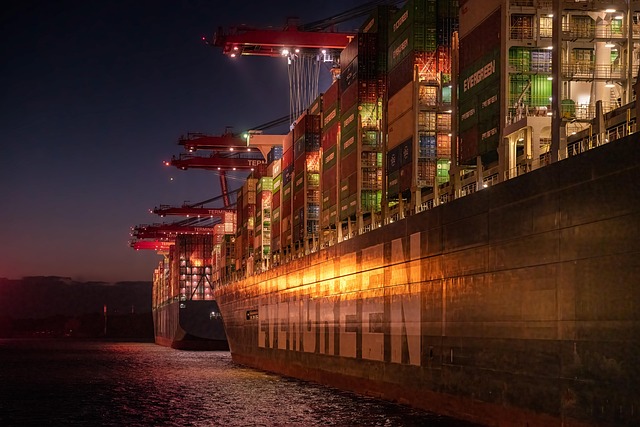
The rise of shipping containers has revolutionized cargo transport, marking a significant shift in the logistics industry. These robust and standardized intermodal shipping containers, like ISO containers, have become the backbone of global trade, enabling efficient handling of massive cargo volumes. Their introduction streamlined the process of transporting goods across borders, from sea to land, without compromising on integrity or security.
With dimensions designed for optimal storage and transport, these cargo containers offer a versatile solution for various types of merchandise. The shipping container industry continues to evolve with innovative accessories, modifications, and storage solutions, catering to diverse client needs. From the manufacturing process to rental services and transport logistics, the shipping container sector has become a robust and indispensable component of international trade, shaping industry trends and fostering efficient movement of goods on a global scale.
Efficient Handling: Benefits of Bulk Shipping Containers
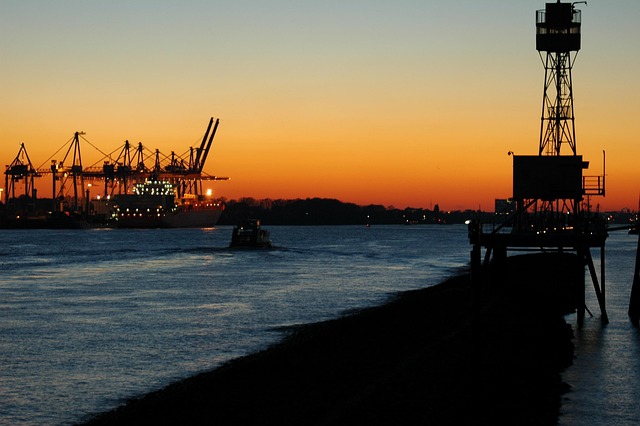
Shipping containers have revolutionized the way we handle large cargo volumes, offering significant benefits in terms of efficiency and cost-effectiveness. One of the key advantages is their ability to streamline the process of loading, unloading, and transporting goods. With standardized dimensions like ISO shipping containers, these structures ensure easy compatibility across various modes of transport, facilitating seamless intermodal shipping. This versatility enables efficient sea shipping containers transportation from ports to warehouses or directly to their final destinations.
Moreover, storage shipping containers provide a secure and weatherproof environment for cargo, minimizing the risk of damage during transit. Their robust construction and durable materials make them suitable for long-term storage solutions at depots or as part of shipping container logistics operations. As the shipping container industry continues to grow, trends indicate an increase in demand for specialized container types, customized accessories, and innovative modifications to cater to unique cargo needs. This development ensures that bulk handling remains efficient, safe, and adaptable to changing market demands.
Container Size and Its Impact on Large-Scale Freight Management

The size of shipping containers plays a pivotal role in the efficient management of large-scale freight. Standardized dimensions like the ISO 20-foot and 40-foot containers have become de facto choices, thanks to their flexibility and compatibility across various intermodal shipping methods—sea shipping, rail transport, and road haulage. This standardization simplifies logistics by ensuring uniform handling and storage solutions, including secure container depots and seamless shipping container transport services.
Shipping container dimensions directly impact capacity, with larger containers accommodating more cargo per unit. For instance, a 40-foot container can typically carry around 26-30 tons of cargo, whereas a 20-foot container holds about half that amount. This variation in shipping container capacity influences the overall cost-effectiveness of freight management, as well as the accessibility of storage shipping containers and rental services. Moreover, industry trends show an increasing demand for specialized shipping containers with unique modifications to cater to specific cargo types and sizes, adding further complexity to container size considerations in large-scale cargo handling.
Navigating Logistics: How Containers Streamline Operations
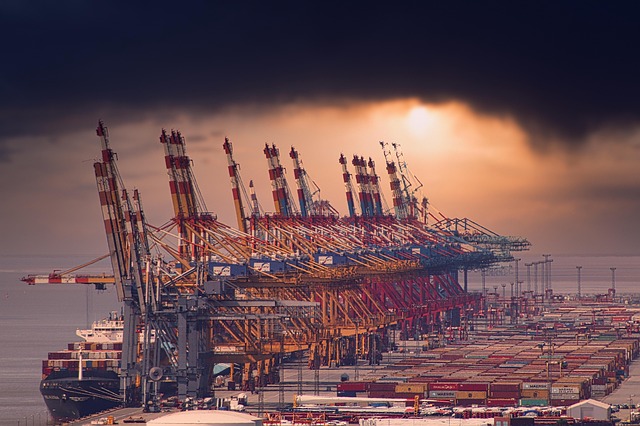
Navigating the intricate world of logistics has become significantly smoother with the advent of shipping containers. These standardized, intermodal containers revolutionize cargo transportation by offering efficient handling and versatile applications. The shift from traditional bulk cargo methods to containerization has streamlined operations across various sectors. With just a few simple steps, large volumes of diverse goods can be swiftly loaded, unloaded, and transported over land or sea.
Containerization provides numerous benefits, including cost-effectiveness, reduced loading times, and enhanced security. ISO shipping containers, for instance, are globally recognized standards ensuring compatibility across different modes of transport. This interoperability facilitates seamless intermodal shipping containers transportation, from sea shipping containers bound for international markets to cargo shipping containers making their way through domestic land routes. The flexibility offered by these storage shipping containers allows businesses to rent or lease them based on their specific needs, making shipping container pricing more accessible and affordable.
The Future of Trade: Exploring Containerization's Enduring Role
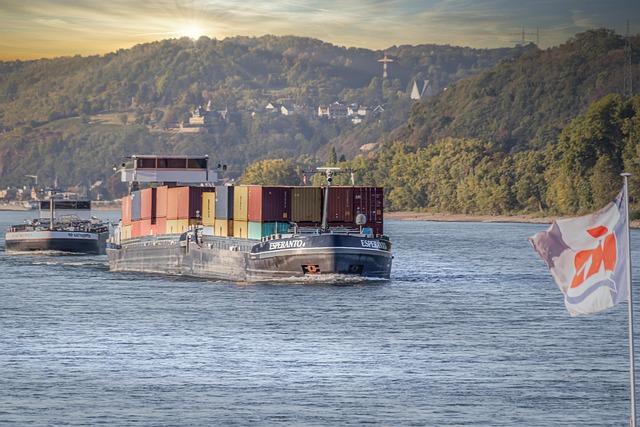
The future of global trade is closely tied to the enduring role of shipping containers in streamlining logistics and transportation. As the world becomes increasingly interconnected, the demand for efficient handling of large cargo volumes continues to grow. Intermodal shipping containers, such as sea shipping containers and ISO shipping containers, have revolutionized the way goods are moved across borders, reducing costs and transit times significantly. The versatility of these containers allows for seamless transitions between different modes of transport, making them a cornerstone of modern supply chains.
With advancements in technology and infrastructure, the shipping container industry is evolving to meet new demands. Storage shipping containers, for instance, offer secure and flexible storage solutions, while shipping container leasing and rental services provide businesses with cost-effective options for accommodating fluctuating needs. Shipping container transport services have also improved, enabling faster and more reliable delivery of cargo worldwide. As industry trends suggest, the future looks bright for shipping containers, with continuous innovations in dimensions, capacity, and logistics management, ensuring their role as a vital component in global trade for years to come.
Shipping containers have undeniably revolutionized cargo transport, offering unprecedented efficiency in handling large volumes of goods. The benefits of bulk shipping containers, including their size and impact on logistics management, are clear. As we look to the future, containerization’s enduring role in global trade is assured, continuing to streamline operations and connect economies worldwide.














